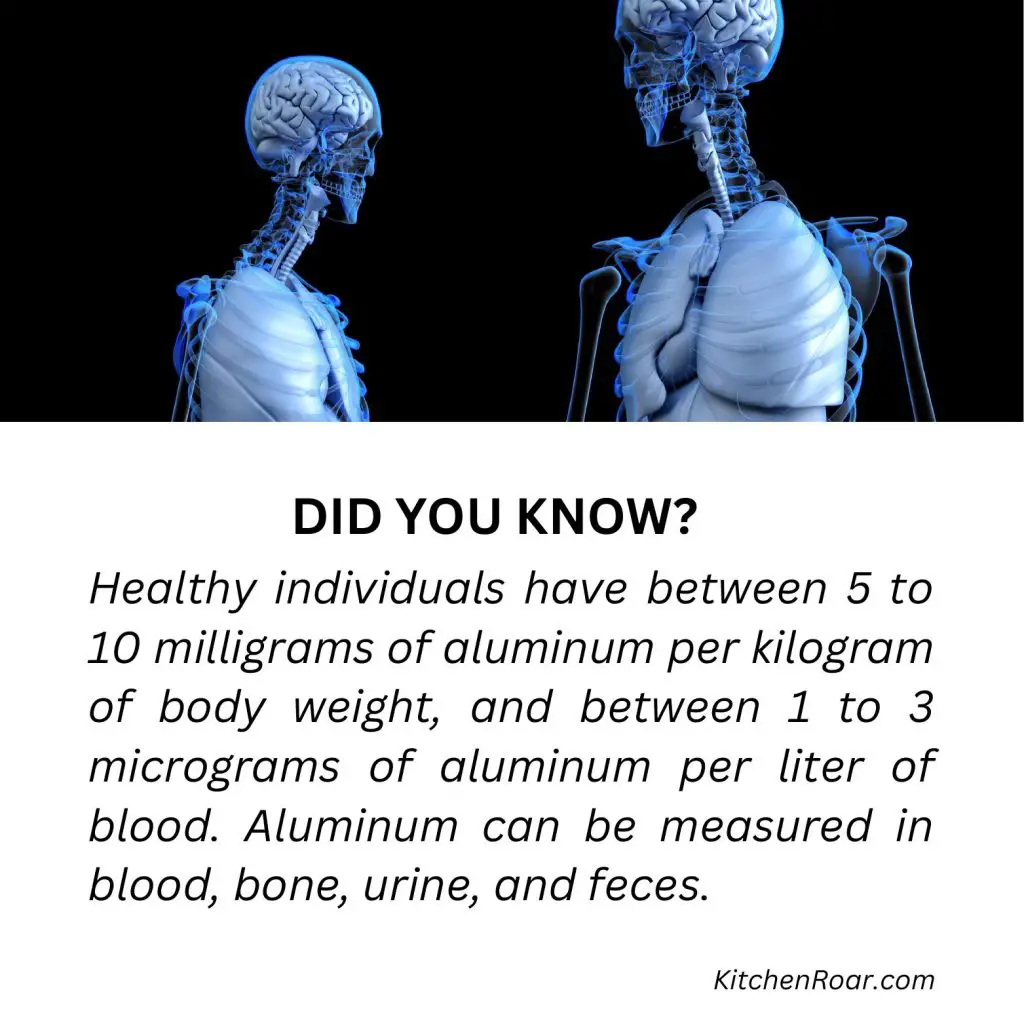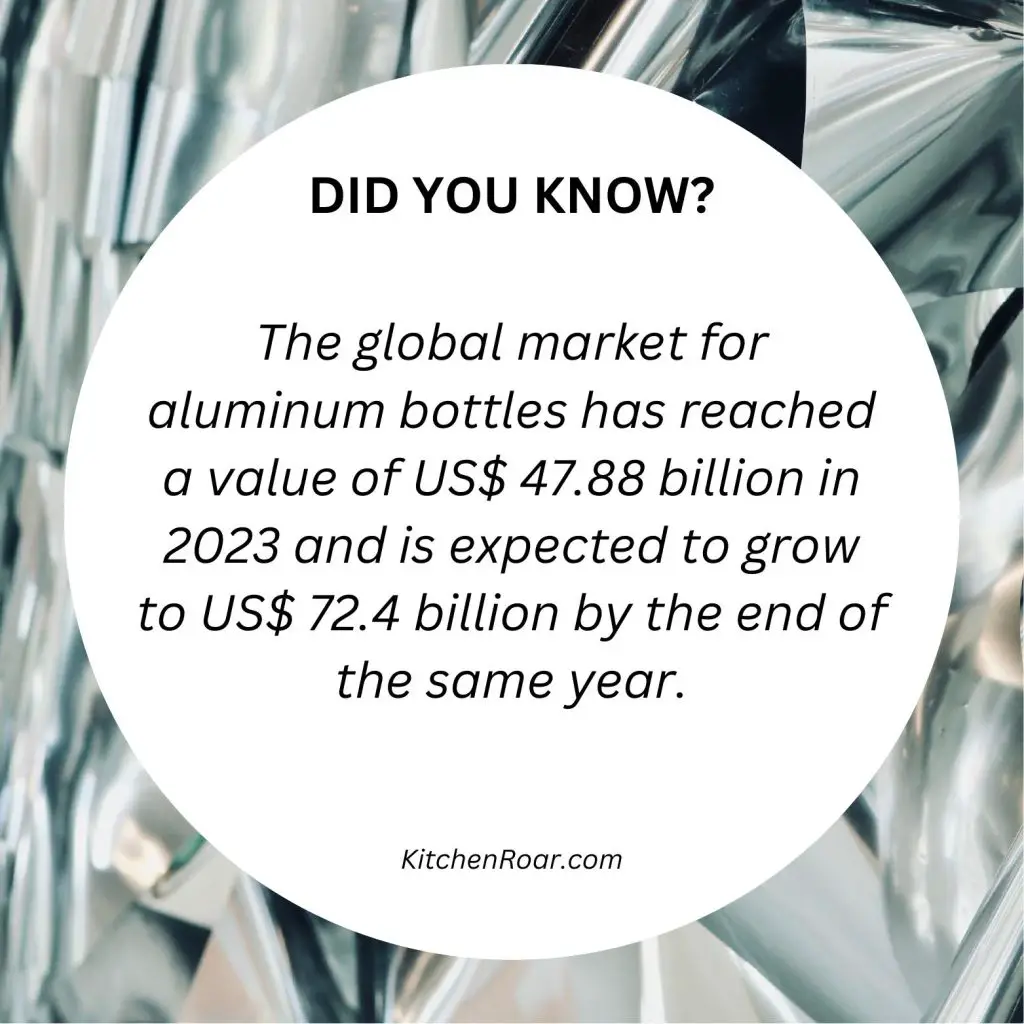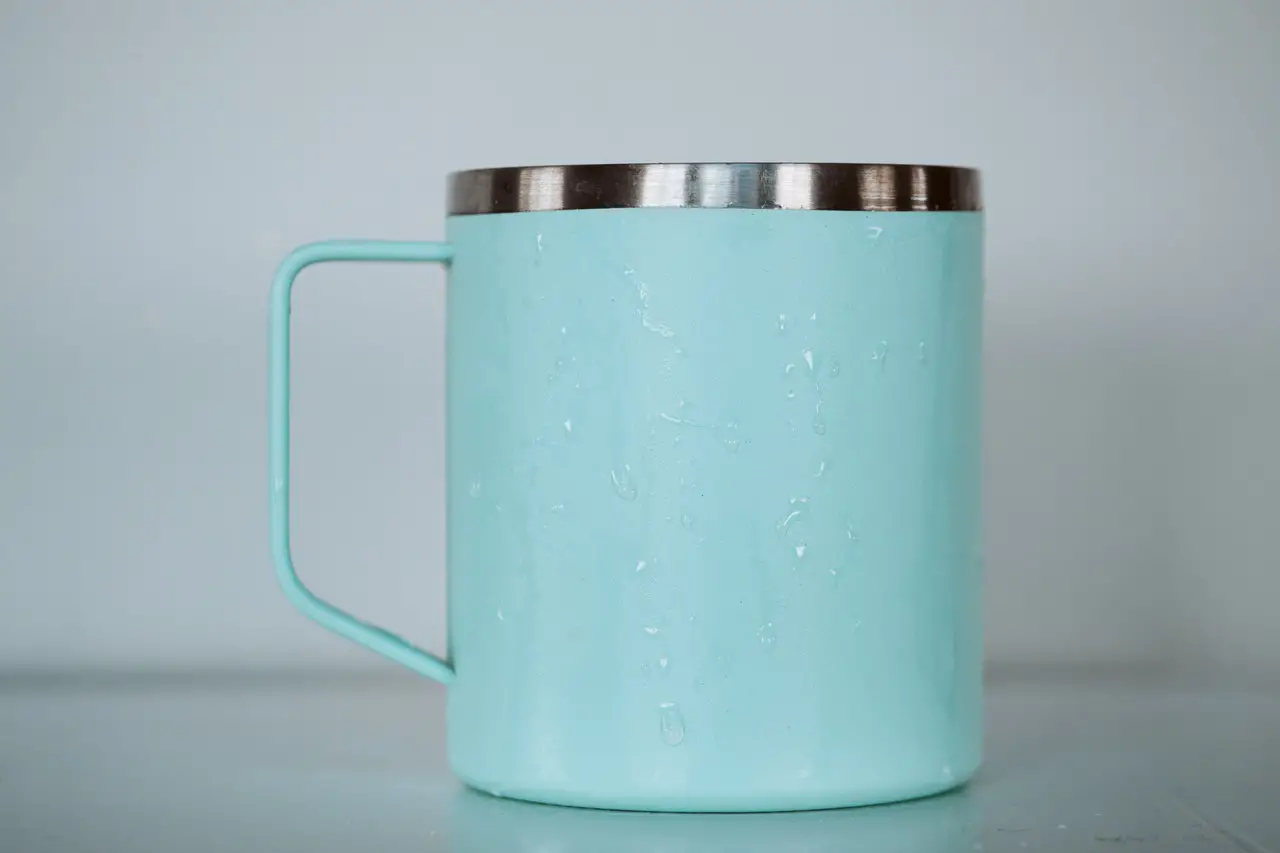There are many things in this world that people take for granted. One of those is the simple act of drinking water from a cup.
It might not seem like a big deal, but if you use a subpar cup, it can really ruin your drinking experience. Here are three reasons why using quality cups is so important:
- A good cup will help keep your drink colder or hotter for longer. This is because high-quality materials are used to make them, and they often have better insulation than cheaper cups.
- A good cup will feel nicer in your hand. This is because they are often made with softer materials that are more comfortable to hold.
- A good cup will look nicer and last longer than a cheap one. This is because quality cups are made with better materials and craftsmanship.
However, in this post, we’ll talk about is it ok to drink from aluminum cups?
Let’s find out!
Is It Ok To Drink From Aluminum Cups? [Your Take Away!]
Absolutely! It’s safe to drink from aluminum cups (especially when they’re food-graded like these), contrary to popular belief. In fact, aluminum is one of the most common materials used in drinkware because it’s durable and doesn’t affect the flavor of drinks. While aluminum may not be the best material for storing drinks for long periods of time, it’s perfect for everyday use.
3 Best Aluminium Cups To Get
- HOME-X Colorful Aluminum Drinking Cups Set of 6
- Ball Canning – Aluminum Cup Ultimate Cold 20 Oz
- Ball Aluminum Cup Refillable and Recyclable Party Cups
FURTHER READING > Best Aluminum Cups in 2023
1. Aluminium Is Found In Our Bodies
Many people believe that it’s not safe to drink from aluminum cups because aluminum is a toxic metal. However, this is not the case. Aluminum is actually found in our bodies and is necessary for many of our bodily functions.
Aluminum is a very common element and can be found in many different places. It is the third most abundant element in the Earth’s crust and makes up about 8% of the weight of the planet. It is also present in our bodies, where it serves an important role.

Did you know? Healthy individuals have between 5 to 10 milligrams of aluminum per kilogram of body weight, and between 1 to 3 micrograms of aluminum per liter of blood. Aluminum can be measured in blood, bone, urine, and feces.[1]
2. Quick Drinks Even In Harmful Cups Are Not Really Harmful
There is a lot of debate surrounding the aluminum drinking cups. Some people believe that it’s harmful to drink from aluminum cups, while others believe that it’s perfectly safe. The truth is that it’s okay to drink from aluminum cups – even if you drink from harmful cups, quick drinks doesn’t harm.

Did you know? The global market for aluminum bottles has reached a value of US$ 47.88 billion in 2023 and is expected to grow to US$ 72.4 billion by the end of the same year.[2]
Aluminum is a metal that can be found in a variety of objects, including cookware, foil, and cans. When it comes to drinking out of aluminum cups, some people are worried about the health risks associated with ingesting aluminum.
However, there is no evidence to suggest that drinking from aluminum cups is harmful especially when it comes to quick drinks. In fact, many experts believe that the amount of aluminum we ingest from everyday objects is negligible and does not pose a threat to our health.
So why are people so worried about drinking from aluminum cups?
3. Storing In Refrigerator?
It is perfectly okay to drink from aluminum cups, plates, or utensils. In fact, many people do not know that aluminum is a naturally occurring element and is the third most common element in the Earth’s crust. It is found in rocks, soil, water, plants, and animals.
However, if you are looking to store your drinks for a long period of time then it is not recommended to use aluminum cups as they can react with the acids and juices in drinks and cause a metallic taste.
This reaction can also lead to the deterioration of the cup over time. If you must use aluminum cups for storage, be sure to wash them thoroughly after each use and do not store any acidic drinks in them for an extended period of time.
